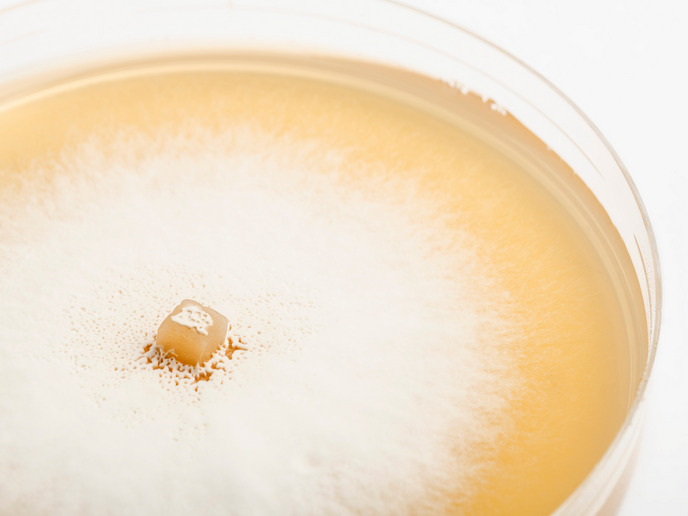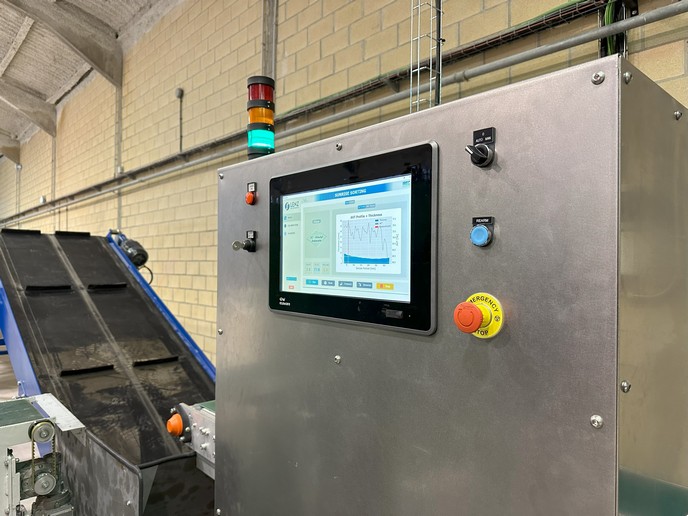Research spurs on biotech-modified textiles
Textiles are extremely versatile, combining different materials and structures for use in a wide range of applications. Besides the usual way we use textiles, such as in clothing and coverings, they are widely used in medicine, sport, transport, safety, packaging, the chemical industry, and more. The research project 'Biotechnical functionalisation of (bio)polymeric textile surfaces' (Biotic) has worked on developing specific knowledge and technologies to create biotech-modified textile materials with unique properties, such as tissue engineering for use in medicine. Biotechnology, or more specifically enzyme technology, has enormous potential for the production and synthesis of textile materials, according to the research team headed by Ghent University, Belgium. Biocatalysis – using natural catalysts, such as protein enzymes, to perform chemical transformations on organic compounds – has already proven its worth in industrial textile pre-processing of natural fibres. It has also been demonstrated that enzymes are able to modify the surfaces of synthetic textile materials, which paves the way for advanced functionalities to be built into textiles. Europe is in a position to capitalise on this potentially lucrative market. And this is where the 24-month Biotic project entered the picture in 2008. While a lot of research had focused on chemical or physical modification of surfaces, the introduction of functionalities using biotech was a relatively unexplored scientific area, according to the partners. The advantage of biotech, or more specifically enzymes, over other technologies is their high specificity towards a certain substrate, the partners suggested. Biotic particularly worked on enzymatic modification and functionalisation of polyethylene terephthalate (PET), chemo-enzymatic surface functionalisation of textile materials, and incorporating biocatalysts into textile fibres. In addition to breaking new ground in an emerging field, the Biotic team has made a valuable contribution to the bio-based economy. Thanks to EU-funded initiatives like this, Europe is staking its claim in a growing and exciting sector.







